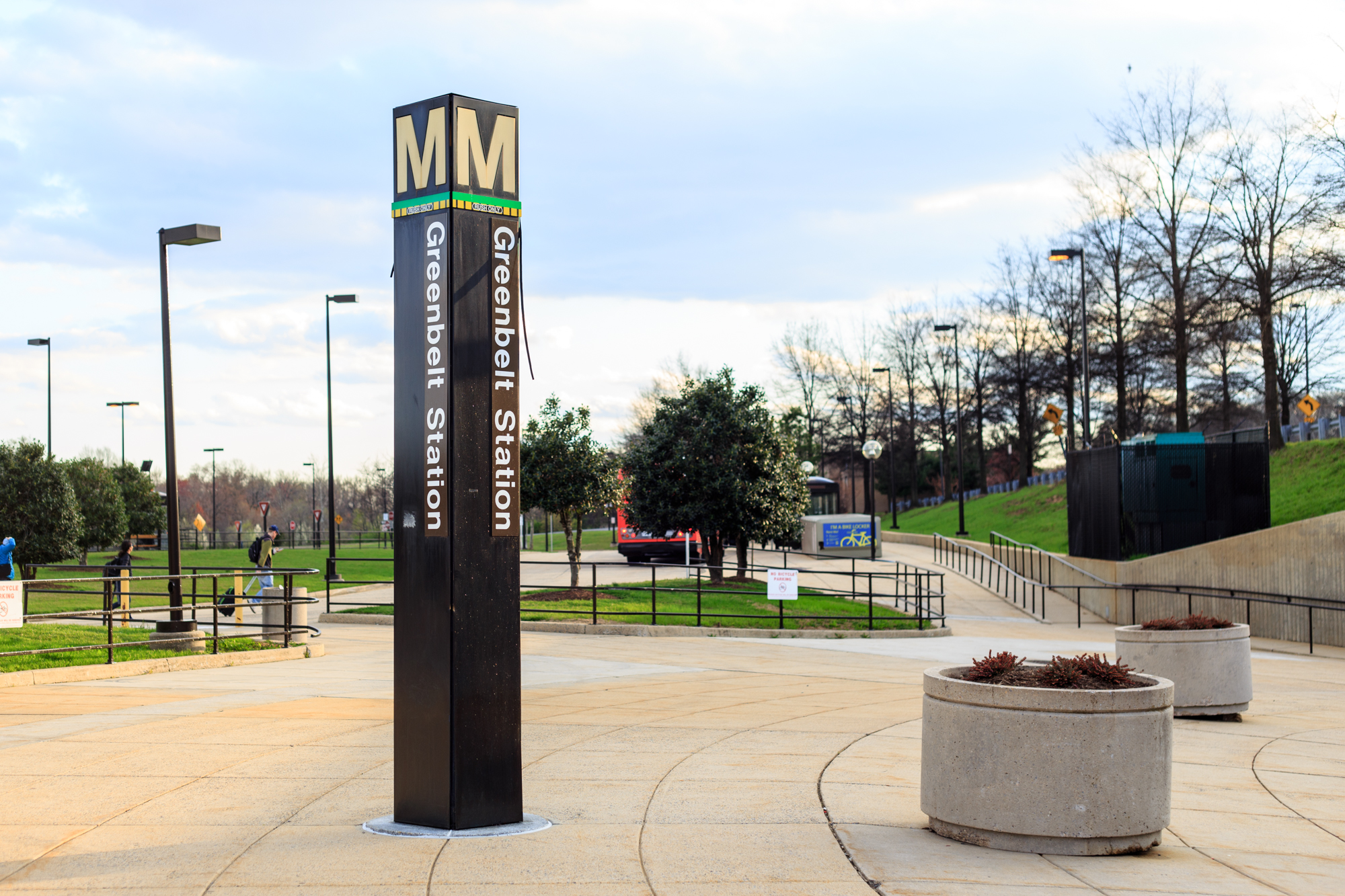Washington Metropolitan Area Transit Authority is seeking feedback from the public on the four proposed schedule cutbacks to the Metro, one of which will most likely go into effect around next fiscal year, said Morgan Dye, WMATA spokeswoman.
The public comment period is open until Oct. 25, and a 9.5-hour hearing at WMATA’s Washington headquarters where the public and officials can make statements is scheduled for Oct. 20, according to WMATA’s website. Whenever a big change is proposed, WMATA is required to ask for feedback from the public, Dye said.
“We want comments ranging from which of the four options [an individual] prefers to what bus alternatives could help in those late night hours,” Dye said. “Proposals are open for regional feedback, so college students are welcome to attend the hearing or respond via the other ways we take public comments.”
After the public comment period is closed, all of the feedback will be combined and presented to the board of directors, Dye said. The board will discuss and approve the Metro’s cutback of hours in December.
Each of the four proposals will shut down the Metro for an additional eight hours weekly, according to WMATA’s website.
In May, WMATA General Manager and Chief Executive Officer Paul Wiedefeld introduced the SafeTrack plan, an initiative to condense three years of Metro maintenance into one year by reducing the Metro service by six hours weekly to make time for construction initiatives. This program also includes safety surges — “long-duration track outages for major projects in key parts of the system,” according to the May WMATA news release.
The Greenbelt to College Park safety surge will be in late March and April 2017. One of these four new proposals will permanently replace the approved cutback of hours for the SafeTrack plan, which ends in late 2017.
“While the Board will ultimately decide what changes are made to the span of service, I have made clear that returning to a schedule of operating service 135 hours out of 168 hours in a week [after the SafeTrack plan ends] is not sufficient for our ongoing maintenance needs,” Wiedefeld wrote in response to a letter 40 Montgomery and Prince George’s counties elected officials wrote to him on Sept. 1 with concerns of the proposed permanent reduced Metro service hours.
Jerry Yang , a sophomore economics major who frequently uses the Metro, said he does not want the Metro to shorten its hours, adding he didn’t know the public has the opportunity to comment on the proposals.
“If they have to cut down the hours, I think they should have the Metro service end earlier, because there are probably more people going to work in the morning than leaving late at night,” he said. “It’s important that people get to work on time, and I always see a lot of people taking the Metro early in the morning.”
Those interested can submit feedback through an online survey, email written comments to writtentestimony@wmata.com, provide in-person feedback to staff at certain Metrorail stations on various dates in October or attend the public hearing on Oct. 20.
Here are the proposals for the shortened hours:
Proposal # 1
Mon-Thu: 5:00 a.m. — midnight
Fri: 5:00 a.m. — midnight
Sat: 7:00 a.m. — midnight
Sun: 7:00 a.m. — 10:00 p.m.
Proposal # 2
Mon-Thu: 5:00 a.m. — 11:30 p.m.
Fri: 5:00 a.m. midnight
Sat: 7:00 a.m. — midnight
Sun: 7:00 a.m. — 11:30 p.m.
Proposal # 3
Mon-Thu: 5:00 a.m. — 11:30 p.m.
Fri: 5:00 a.m. — 1:00 a.m.
Sat: 7:00 a.m. — 1:00 a.m.
Sun: 8:00 a.m. — 11:00 p.m.
Proposal # 4
Mon-Thu: 5:00 a.m. — midnight
Fri: 5:00 a.m. — 3:00 a.m.
Sat: 9:00 a.m. — 3:00 a.m.
Sun: Noon — 11:00 p.m.



